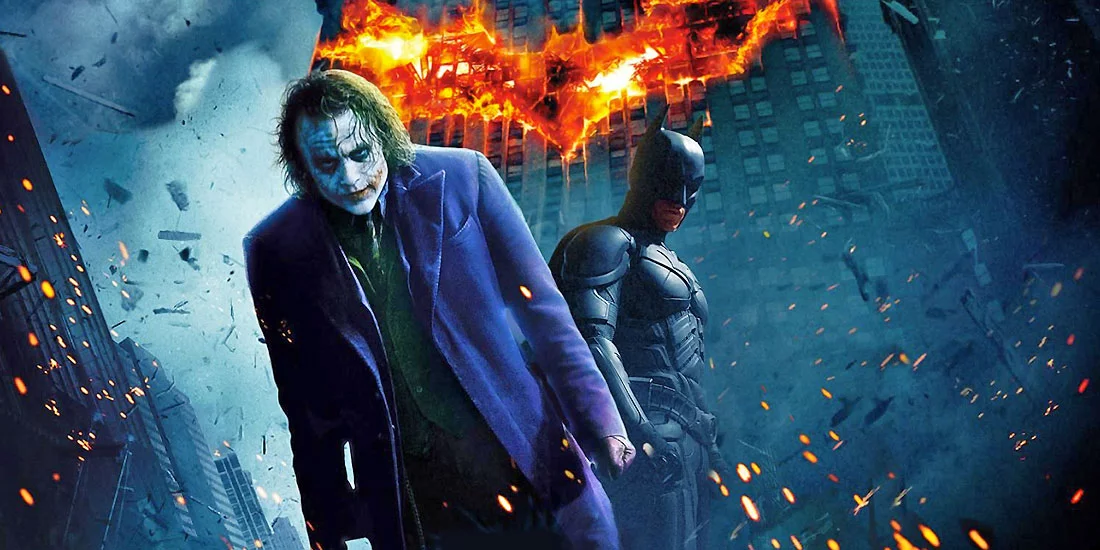soundcontrolstudio.com – Released in 2008, “The Dark Knight” is a groundbreaking film directed by Christopher Nolan that redefined the superhero genre. With its complex narrative, compelling characters, and profound themes, the movie transcends typical superhero fare to become a classic in its own right. This article delves into the intricate layers of “The Dark Knight,” exploring its themes, performances, and enduring impact on cinema.
A New Era for Superheroes
“The Dark Knight” set a new standard for superhero films by introducing a darker and more realistic tone. Unlike its predecessors, this movie explores the psychological depth of its characters, particularly the duality of Batman/Bruce Wayne and his nemesis, the Joker. The film’s gritty visuals and complex moral dilemmas challenge the traditional good-versus-evil narrative, presenting a world where the lines between hero and villain are blurred.
Heath Ledger’s Iconic Performance
Heath Ledger’s portrayal of the Joker is one of the most celebrated aspects of “The Dark Knight.” His performance is a chilling representation of chaos and anarchy, bringing a menacing yet captivating presence to the screen. Ledger’s Joker is unpredictable and terrifying, embodying a philosophical antagonist that pushes Batman to his limits. This role earned Ledger a posthumous Academy Award for Best Supporting Actor, cementing his legacy in cinematic history.
Themes of Chaos and Order
At its core, “The Dark Knight” is a philosophical exploration of chaos versus order. The Joker represents unbridled chaos, seeking to dismantle the structured society Batman fights to protect. The film poses profound questions about the nature of justice, morality, and the cost of maintaining order in a world teetering on the brink of anarchy. These themes resonate deeply with audiences, inviting them to ponder the complexities of human nature and societal structures.
Technical Mastery and Storytelling
Christopher Nolan’s direction, combined with Wally Pfister’s cinematography, creates a visually stunning and immersive experience. The film’s use of IMAX cameras for key sequences enhances its grandeur, while Hans Zimmer’s score elevates the tension and emotion. Nolan’s meticulous attention to detail and narrative pacing ensures that “The Dark Knight” maintains its grip on viewers from start to finish.
Legacy and Impact
“The Dark Knight” not only achieved commercial success but also left a lasting impact on the film industry. It paved the way for more mature and sophisticated superhero films, influencing franchises such as the Marvel Cinematic Universe and the DC Extended Universe. Its success also sparked conversations about the potential for superhero films to be recognized in prestigious award circles, bridging the gap between blockbuster entertainment and critical acclaim.
Conclusion
“The Dark Knight” is more than just a superhero movie; it is a cinematic landmark that continues to captivate audiences with its depth and artistry. Its exploration of complex themes, coupled with unforgettable performances and technical excellence, ensures its place as a timeless classic. As the film celebrates its enduring legacy, it remains a testament to the power of storytelling in challenging and reshaping the boundaries of genre cinema.
